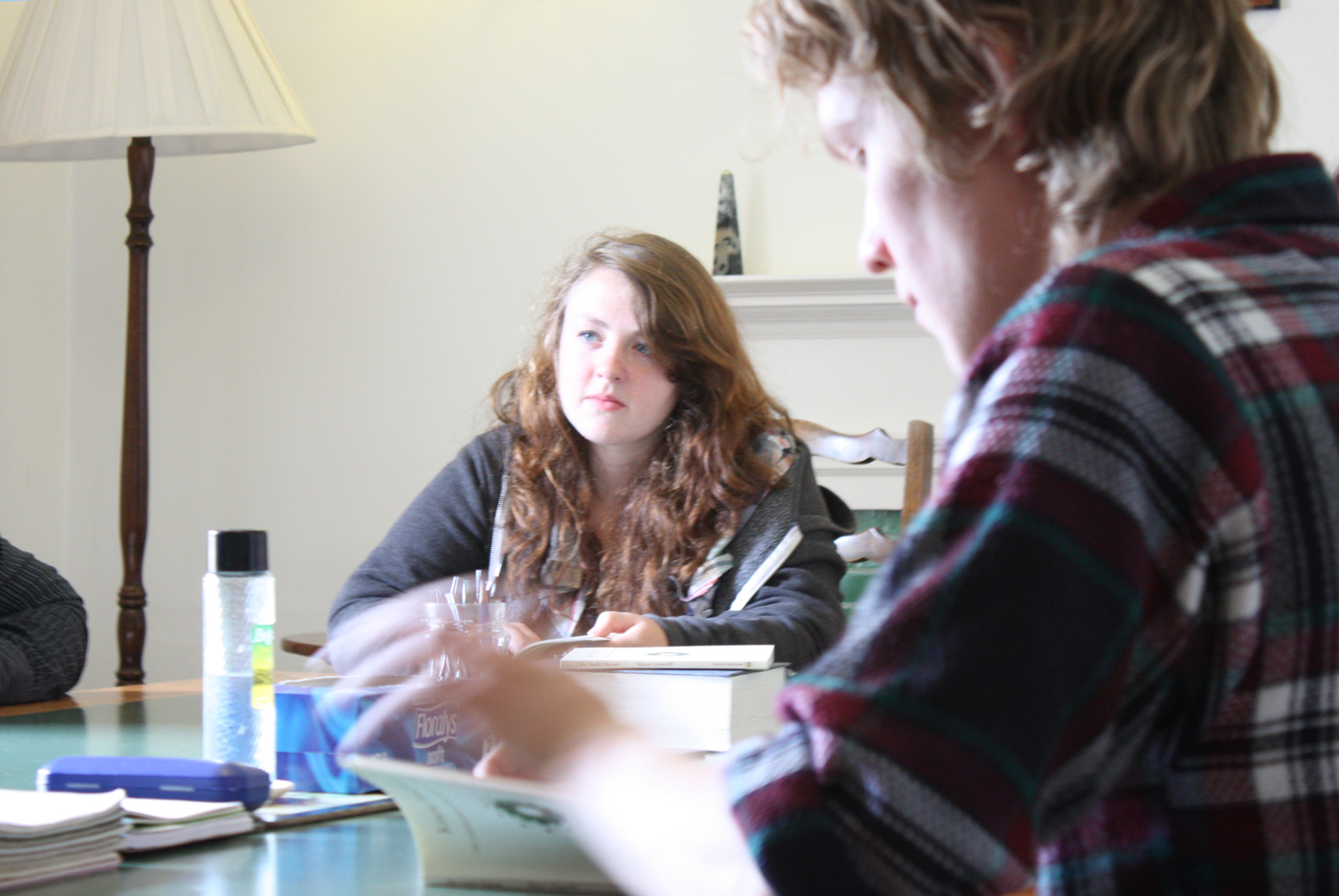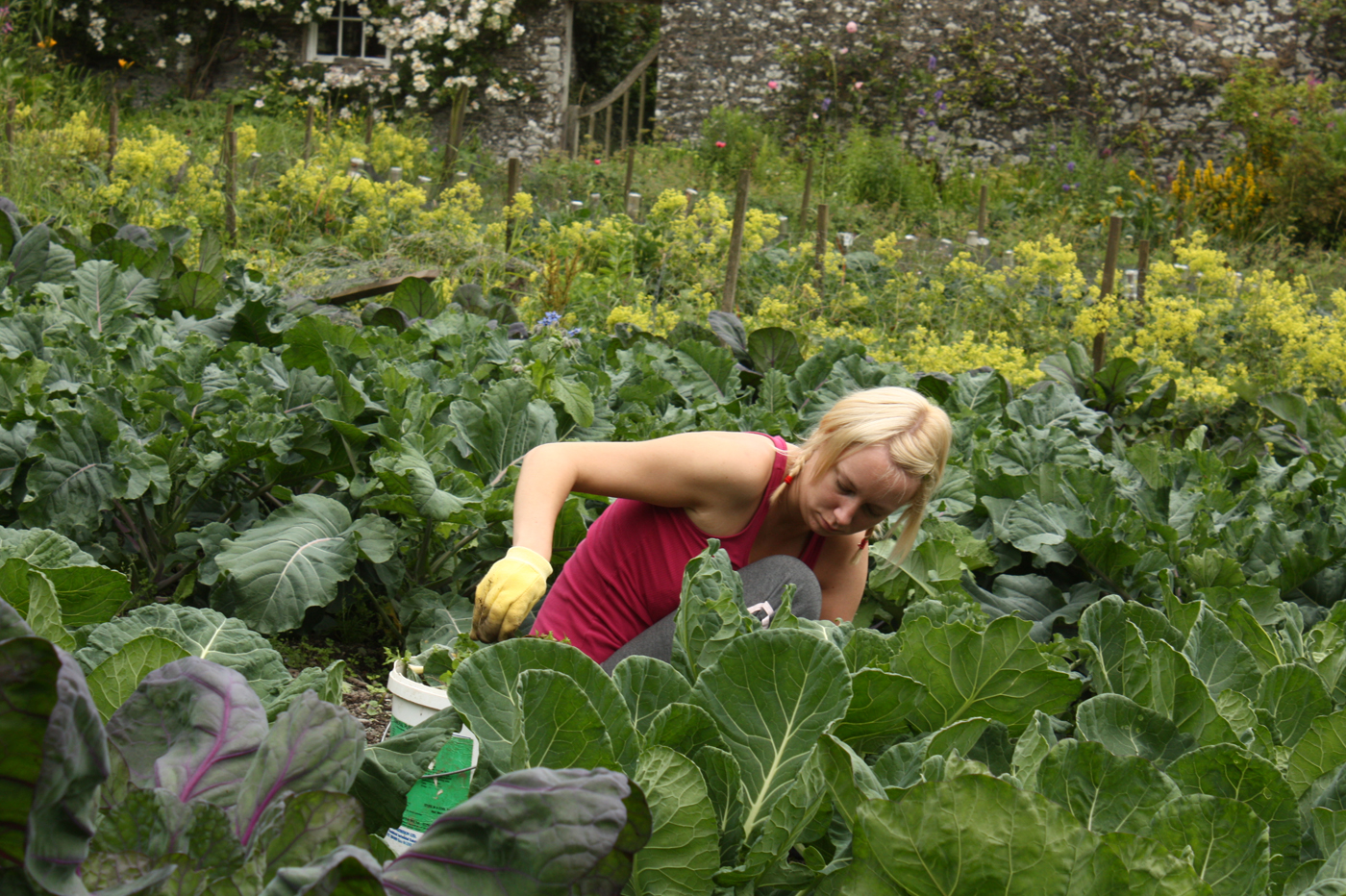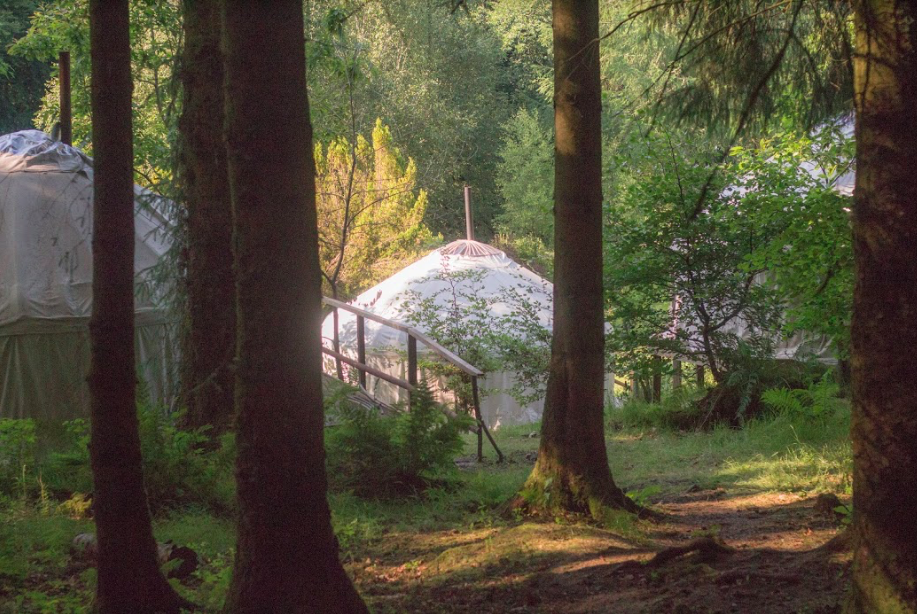To the best of my knowledge, there is not any really comparable non-denominational, non-sectarian centre for integrated spiritual studies open to students of all backgrounds...
Professor James W. Morris, Dept. of Theology, Boston College, USA
Self-knowledge
You are not a drop in the ocean
you are the entire ocean in a drop.
Self-knowledge means to uncover, realise, and awaken to what and who you are.
It is a journey for anyone who questions their reality, their place and purpose in this life. Since no one can teach another person their inner reality the responsibility for self discovery remains firmly with each one of us.
The guiding principle of the education is the essential Unity of all Existence.
This is a perspective which lies at the heart of all great wisdom traditions and religions. Study draws on these, but it is for us to discover what these traditions convey. The materials studied in depth at the School include wisdom texts from the Sufi, Christian, Taoist, Buddhist and Hindu traditions, with particular focus on works by Ibn'Arabi and Rumi. The nearest that the school comes to religion is to recognise the truth of Ibn ‘Arabi’s words from eight centuries ago: “I follow the religion of Love: whatever way Love's mounts take, that is my religion and my faith.”
The four elements which together constitute the education here are outlined below:
Study
Carefully selected texts from the major wisdom traditions are presented for consideration. Their common thread is that they can help unlock and deepen our journey of self discovery. Study involves not only the readings but an exploration of the responses and insights we experience as students.
.

Meditation
To spend time in silence, and to practice awareness and receptivity, is an important part of the daily life at Chisholme.
Time is set aside both for guided mindfulness meditations and silent meditation.
Read more
Work
Reflective activities are balanced with practical work in the kitchen, house and estate. Work is an opportunity to put the themes explored in study into practice. It is also an opportunity to learn new skills and connect with the bountiful land Chisholme is supported by. Work can be contemplative, devotional and a form of study in itself.

Photo © Maria Young
Devotional Practice
Devotional practices help us cultivate the quality of the heart. They help establish constancy in our awareness and the refinement of our sensibilities. Whatever form its object takes, religious or secular, visible or invisible, devotion is a way to build a relationship with our deepest sense of being. At Chisholme we work to refine this universal human impulse of love so that it can become focused on the origin of love itself. Read more
Receive our newsletter
The universities of the future will do one thing we do not do today.
They will teach the art of self-discovery.
There is nothing more fundamental in education.
Ben Okri, A Time for New Dreams

I'm struggling to find the words to describe how amazing and life changing the Woodland Retreat has been for me. Quite possibly the most seminal week of my life with lots of fun, laughter, friendship, beauty and good food thrown in.
Go. Seriously, you owe it to yourself to go do it...
(S.L. course participant 2017)
The Daily Timetable
7.00–7.30am – Meditation
7.30–8am – Breakfast
8.30–9.00am – Morning meeting for residents
9.00–10.15am – Work period or study/conversation
10.15–10.45am – Morning coffee
10.45am–12 noon – Work period or study/conversation
12.15–12.45 – Meditation
12.45pm – Set table for lunch
1.00–2.00pm – Lunch
2.15pm – Work period
4.00 pm – Afternoon Tea
4.30–5.45pm – Study, work or free time
6:00 pm – Meditation
6:45 pm – Set table for supper
7:00 pm – Supper
Time is also set aside for devotional practices
Wed 1st October 2025
00:00
to
Wed 1st April 2026
00:00
Residential courses of various lengths are held at Chisholme
Fri 7th November 2025
09:00
to
Fri 21st November 2025
21:00
Sun 14th December 2025
19:00
to
Sun 21st December 2025
14:00
A seven day contemplation of death and dying.
Thu 1st October 2026
19:00
to
Wed 24th March 2027
19:00
Proposed for Winter 2026/27
A new website for FOUNDATIONS OF NATURAL INTELLIGENCE